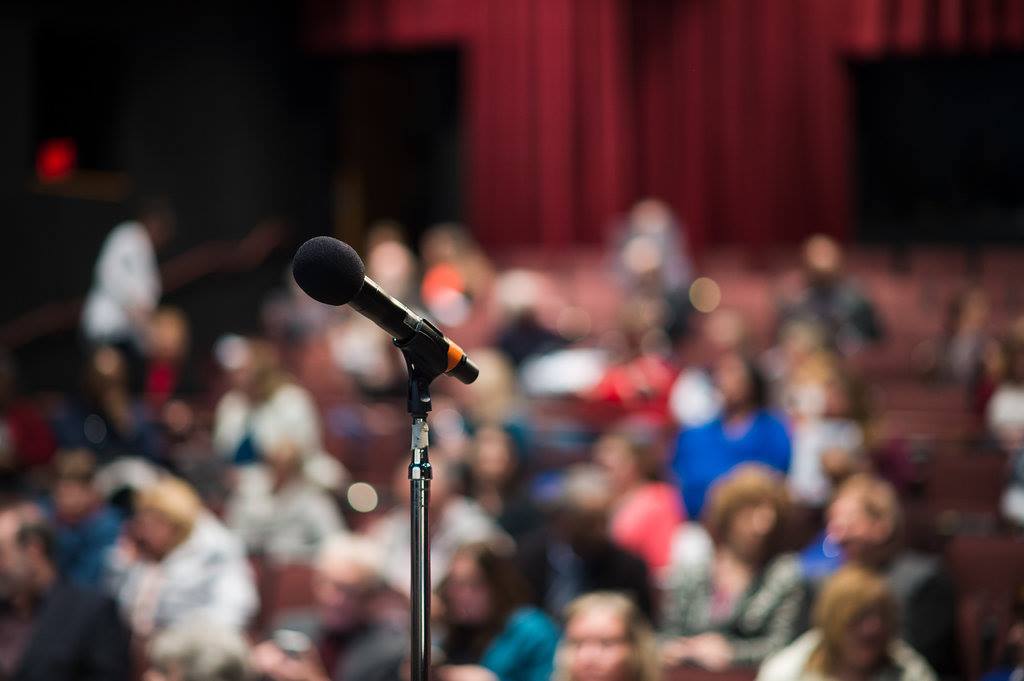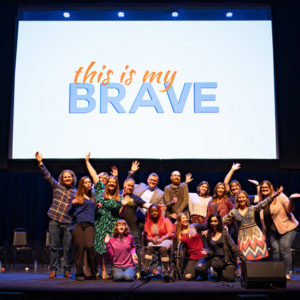One in four 18- to 26-year-olds has thought of self-harm during the pandemic. How to understand and help.
For 18-year-old high school senior Joe Perry, the past year has been full of emotional ups and downs. As his school cycled through online and hybrid learning arrangements, social events were canceled and friendships moved to social media exclusively.
“There’s a feeling of being almost more bonded with certain friends in the shared trauma of the pandemic, but feeling more distant at the same time,” he says. “And that feeling is just not very pleasant. It’s not fun.”
Between the disrupted routines, isolation and missed rituals, the pandemic, which has upended the lives of Americans of all ages, has been especially challenging for teenagers. Research shows that reduced social interactions during adolescence, such as physical distancing and a lack of face-to-face contact with peers, may have a substantial effect on teens’ brain and behavioral development.
Click here to read the full article featuring Brave Alum Joe Perry.
Produced by AP Content Services, the paid content service of The Associated Press. The AP news staff was not involved in the creation of this content.

